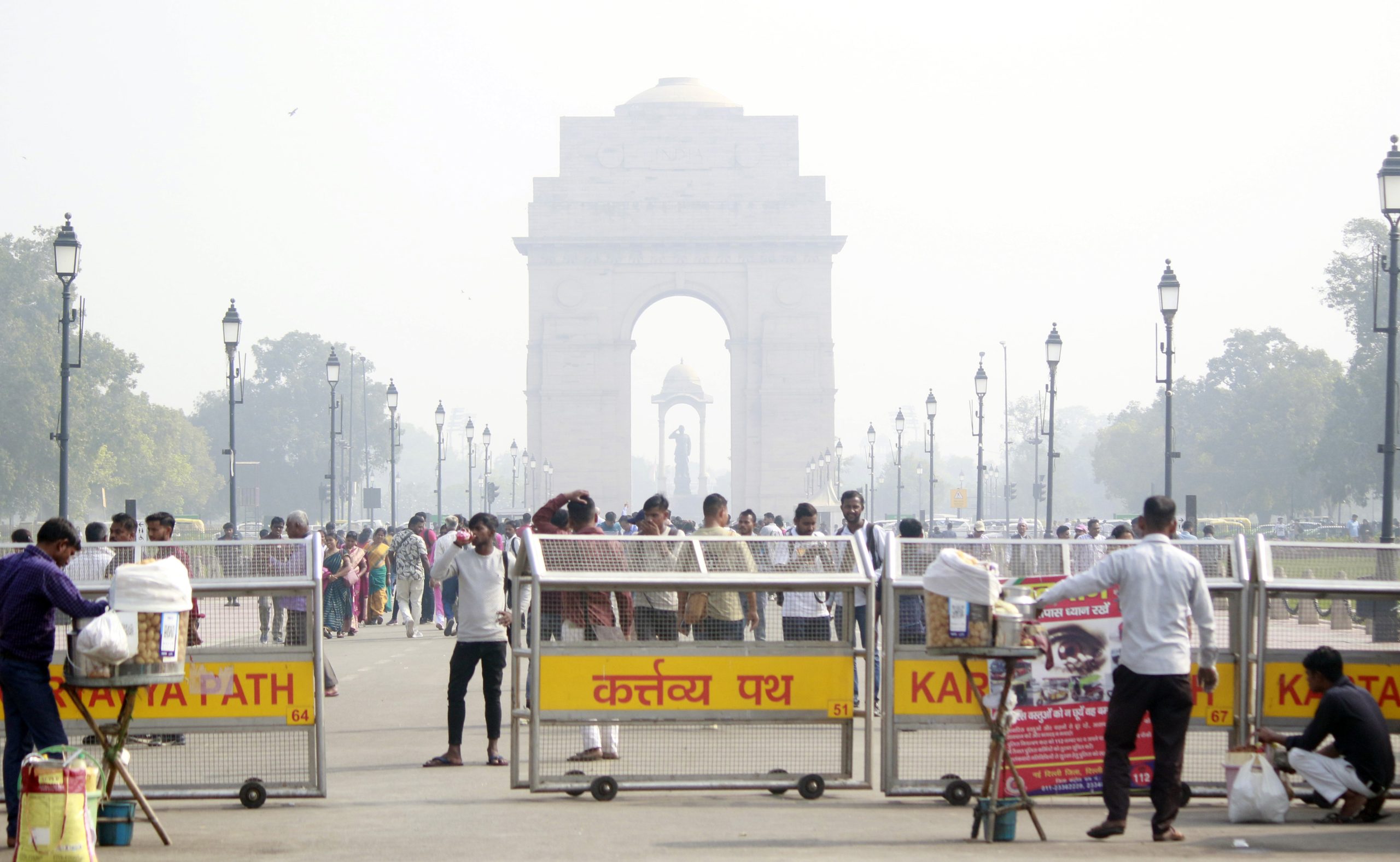In view of deteriorating air quality levels in the National Capital Region (NCR), the Commission for Air Quality Management in National Capital Region and Adjoining Areas (CAQM) on Tuesday invoked Stage-I of the Graded Response Action Plan (GRAP) with immediate effect. The decision came after Delhi’s daily average Air Quality Index (AQI) was recorded at 211, falling in the ‘Poor’ category, as per the Central Pollution Control Board (CPCB).
The CAQM Sub-Committee on GRAP reviewed the current air quality scenario and decided to activate the 27-point action plan outlined under Stage-I. These measures aim to prevent further deterioration of the air quality and are to be strictly implemented and monitored by all relevant agencies across the entire NCR.
“The situation demands immediate and coordinated action. All implementing agencies must ensure strict compliance to avoid the AQI slipping further,” the Sub-Committee stated.
Citizen Charter: Immediate Steps for Public Cooperation
Authorities have urged citizens to support GRAP implementation through everyday actions, including:
* Ensuring vehicle engines are tuned and tyre pressure maintained.
* Keeping PUC certificates updated.
* Turning off vehicle engines at red lights and avoiding idling.
* Opting for EVs or hybrid vehicles to cut emissions.
* Reporting polluting activities via the 311 App, Green Delhi App, or SAMEER App.
* Planting trees and celebrating festivals without firecrackers.
Key Measures Under Stage-I of GRAP
The 27-point action plan covers multiple sectors including construction, transport, industries, waste management, and citizen engagement. Some of the critical steps include:
* Dust control: Strict enforcement of dust mitigation rules at construction and demolition sites; mandatory use of anti-smog guns; water sprinkling and mechanized road sweeping.
* Solid waste management: Regular lifting and proper disposal of municipal solid waste, construction debris, and industrial waste to prevent open dumping.
* Traffic management: Deployment of traffic police at congestion hotspots; strict enforcement of PUC norms; impounding of visibly polluting vehicles; diversion of non-destined trucks via Eastern and Western Peripheral Expressways.
* Industrial regulation: Closure of non-compliant industrial units; mandatory use of approved fuels in industries and brick kilns; enforcement of emission norms at thermal power plants.
* Ban on polluting fuels: Strict ban on coal and firewood in hotels, restaurants, and open eateries; promotion of clean fuel alternatives.
* Firecracker ban: Enforcement of court and tribunal orders banning firecrackers to control emissions during festivities.
* Public communication: Real-time updates on air quality through social media, mobile apps, and bulk SMS; quick redressal of complaints on digital platforms.
Focus on Vigilance and Coordination
Agencies have been directed to maintain round-the-clock vigilance and intensify enforcement drives to curb air pollution sources. DISCOMs have been asked to minimize power supply disruptions to reduce dependence on diesel generator sets.
The Sub-Committee will closely monitor the air quality trends and review the situation periodically, with further measures to be triggered if required based on forecasts from India Meteorological Department (IMD) and Indian Institute of Tropical Meteorology (IITM).
For more information, citizens can access the full GRAP schedule on the CAQM’s official website: https://caqm.nic.in.














